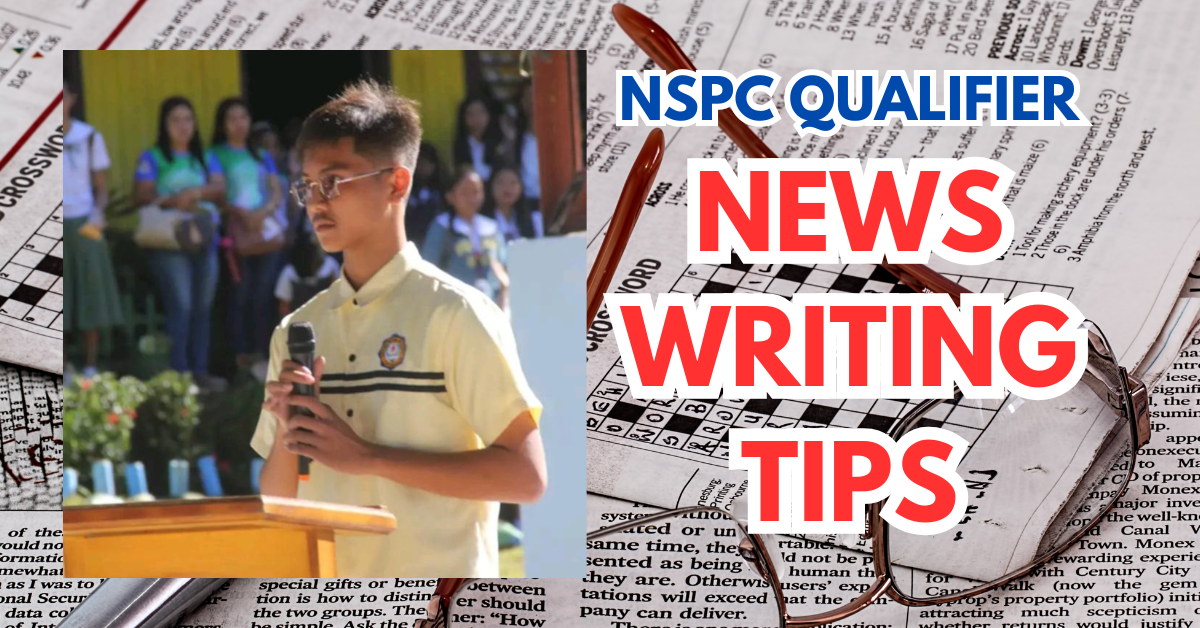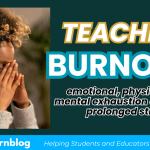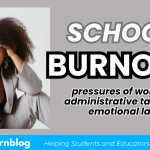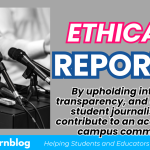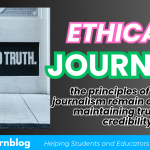News Writing
News writing is the process of creating engaging and informative articles about current events. Whether you’re a journalist or a writer, mastering news writing is crucial for effective communication.
What is News Writing?
News writing is factual reporting of events, issues, and trends for publication in various media outlets.
Types of News Writing
1. Hard News: Timely reporting of events (politics, crime, accidents).
2. Soft News: Feature stories, profiles, and human-interest pieces.
3. Investigative Journalism: In-depth reporting on complex issues.

Parts of News Writing
1. Headline: Grabs attention and summarizes the story.
– Quotation Head: Starts with a relevant quote.
– Normal Head: Direct and factual.
– Statement Head: Makes a clear statement.
2. Lead: Sets the tone and provides essential information.
– How Lead: Explains the process or method.
– Why Lead: Provides reasons or explanations.
– What Lead: Describes the event or issue.
– When Lead: Focuses on timing.
– Where Lead: Emphasizes location.
3. Body: Provides detailed information and supporting evidence.
4. Quotes: Adds depth and credibility from credible sources.
5. Conclusion: Summarizes key points and reiterates the main idea.
Tips on Making a Great News Article
1. Know your audience: Tailor your writing.
2. Research thoroughly: Verify facts and gather credible sources.
3. Write clearly: Use concise language and avoid jargon.
4. Use active voice: Engage readers with dynamic writing.
5. Edit and proofread: Ensure accuracy and clarity.
6. Use multimedia: Incorporate images, videos, and infographics.
7. Stay objective: Maintain a neutral tone and avoid bias.
Do’s and Don’ts
DO:
– Use clear and concise language
– Provide context and background information
– Include relevant quotes and sources
– Use active voice and engaging headlines
– Edit and proofread carefully
DON’T:
– Use biased or sensational language
– Include unnecessary details or jargon
– Plagiarize or fabricate information
– Forget to attribute sources
– Overlook grammatical errors

Best Practices
1. Use simple language and short sentences.
2. Focus on the 5 Ws: Who, What, When, Where, and Why.
3. Use present tense for current events.
4. Attribute sources and quotes.
5. Include relevant images and multimedia.
By following these guidelines and tips, you’ll create engaging and informative news articles that capture your readers’ attention.
Remember, effective news writing requires dedication, research, and a passion for storytelling. Continuously improve your skills and stay updated with industry best practices to excel in journalism.
